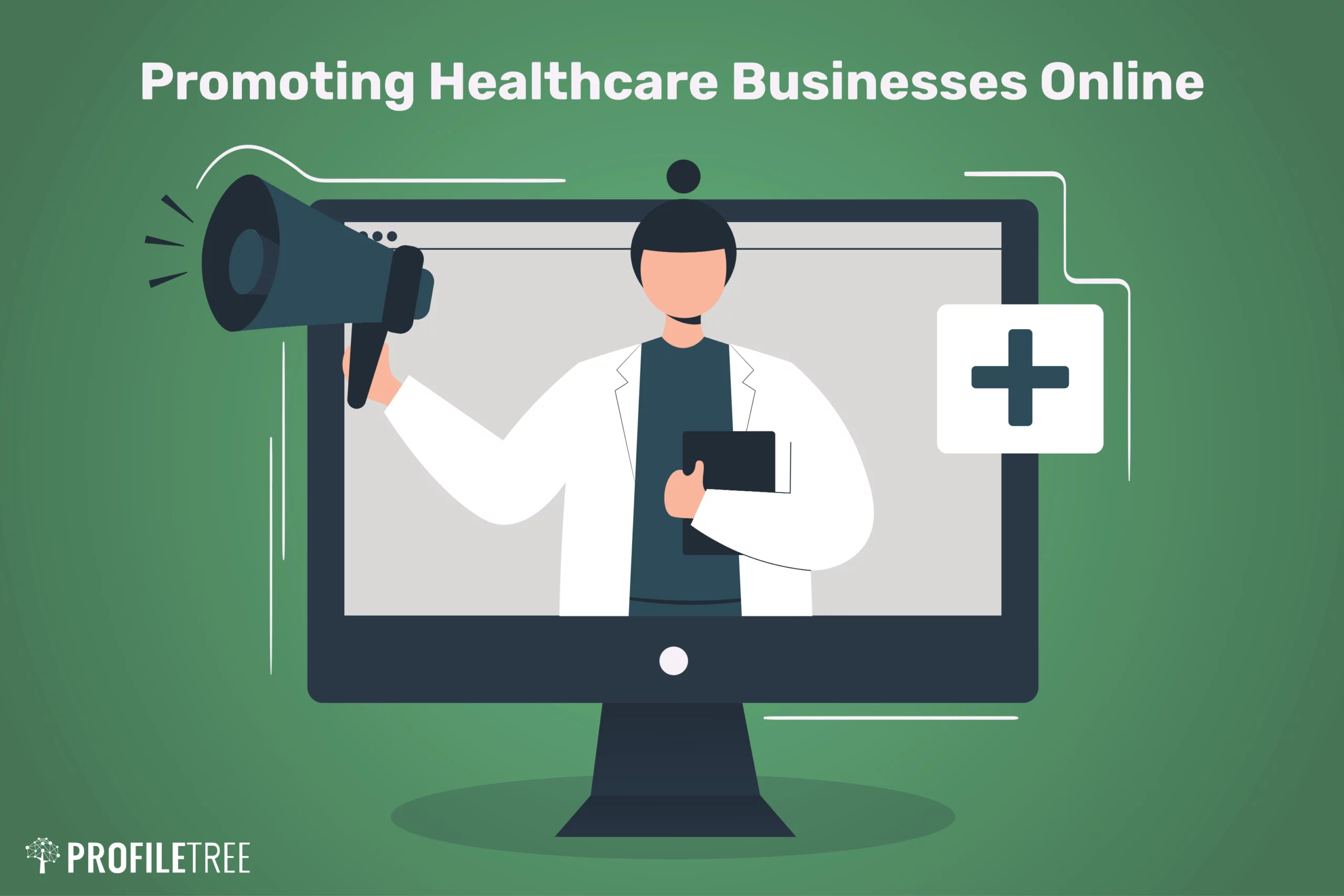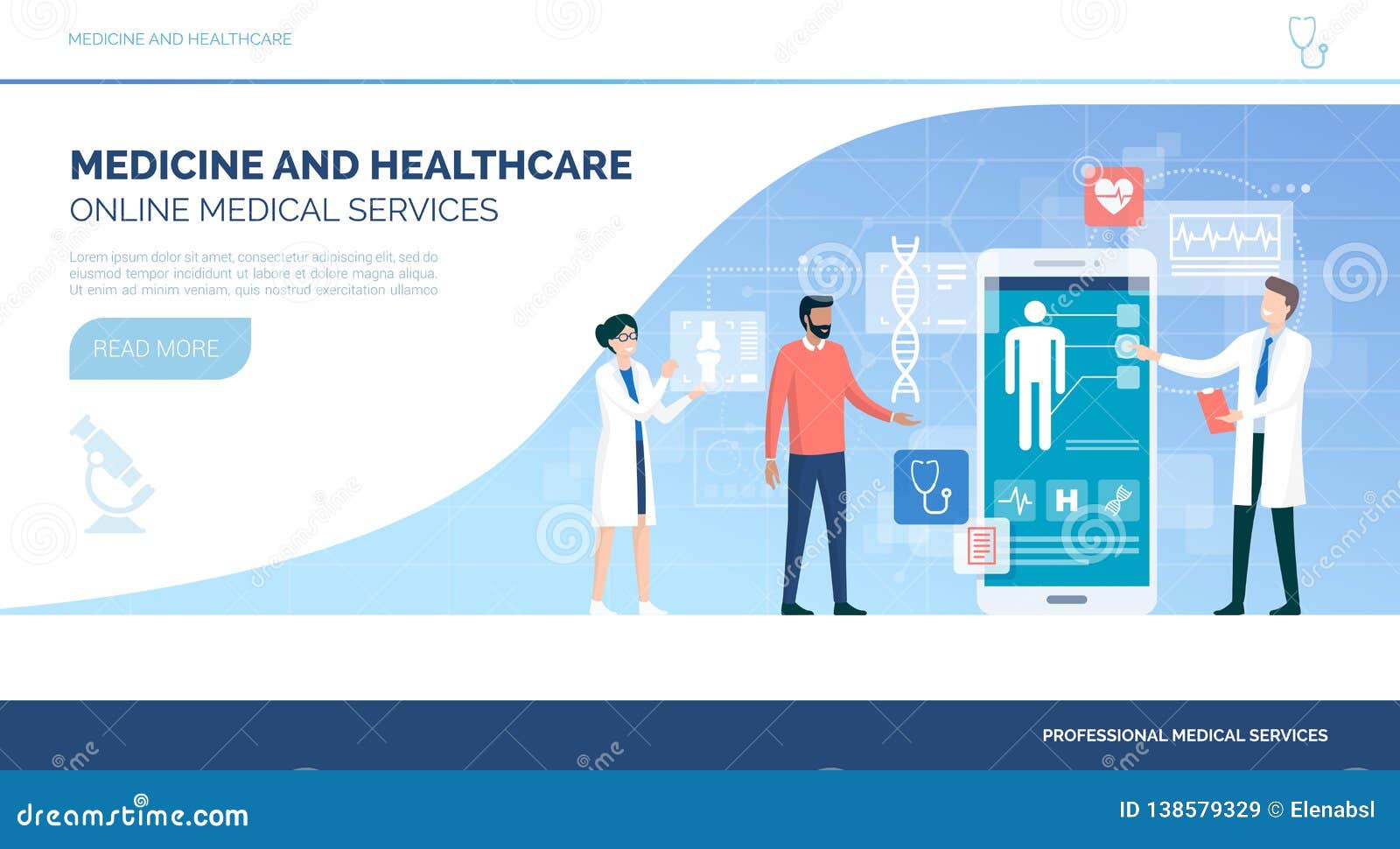The Rise of Subscription-Based Medical Care and Its Effect On Client Treatment
As medical care develops, the subscription-based version is getting grip, promising to revolutionize patient care by supplying predictability and accessibility. These designs, which bypass conventional insurance policy, might redefine the patient-doctor dynamic, highlighting precautionary and tailored treatment. As with any kind of innovation, they provide challenges, particularly concerning fair access for all socioeconomic groups. The possibility for these models to reshape medical care delivery elevates pressing concerns about their long-term sustainability and inclusivity. Are these registration solutions the future of medical care, or do they risk leaving prone populations behind? The intricacies of this shift warrant a closer evaluation.
Comprehending Membership Health Care Models
Realizing the principle of subscription health care models involves examining a transformative approach to clinical services that stresses cost and accessibility. These models, typically described as straight main treatment (DPC) or concierge medication, have actually become cutting-edge options to standard fee-for-service healthcare systems. Membership health care allows individuals to pay a fixed regular monthly or yearly fee for a specified collection of medical solutions, which might include endless office visits, routine examinations, and basic lab tests, without the requirement for traditional insurance policy payment.
The framework of membership healthcare models is designed to streamline patient treatment by eliminating third-party payers and complicated payment codes, therefore decreasing administrative problems. Doctor can focus more on person care, fostering more powerful patient-provider relationships. This version additionally advertises preventative care by urging regular check outs, as the financial challenge of per-visit charges is gotten rid of.
The registration model usually equips health care suppliers to handle smaller sized client panels, permitting more individualized treatment. It aligns economic rewards with individual health end results, as providers are motivated to keep patient complete satisfaction and wellness. On the whole, recognizing subscription healthcare versions calls for identifying their possible to improve just how care is delivered and accessed.
Benefits for Carriers and patients

With a stable income stream, healthcare specialists can dedicate even more time to each patient, leading to a more customized and complete care experience. The focus on preventative treatment within registration strategies can lead to much better person results and reduced long-term health care costs.
Concerns and difficulties
While subscription-based medical care models present many benefits, they additionally come with a set of difficulties and issues that should be dealt with. This elevates honest concerns about equitable accessibility to healthcare solutions.
Financial sustainability of subscription-based versions is another worry. Carriers need to stabilize the fixed earnings from subscriptions with the variable expenses of health care services, which may vary because of unexpected clinical demands. This can develop stress to restrict services or boost charges, possibly affecting person contentment and care high quality.
Furthermore, regulatory oversight of subscription-based health care models is still progressing. The absence of standardized frameworks can lead to irregular service top quality and liability, making complex efforts to ensure person defense. The assimilation of technology-- commonly a foundation of these versions-- elevates concerns concerning information privacy and safety, as delicate patient details could be susceptible to breaches. Addressing these difficulties is crucial for the fair and successful execution of subscription-based health care.
Effect On Patient-Doctor Relationships
One considerable influence of subscription-based healthcare models on patient-doctor relationships is the potential for enhanced continuity and individualized treatment. By embracing a subscription model, doctors can take care of a smaller patient panel, allowing for even more specialized time with each person. This enhanced accessibility fosters a deeper understanding of pop over to these guys a client's medical background, way of life, and preferences, making it possible for extra customized treatment plans and interventions.

However, it is vital to acknowledge that while subscription-based versions might benefit those that can afford them, they could unintentionally widen medical care variations. Patients who are unable to take part in these versions could experience reduced accessibility to customized treatment, potentially impacting their connections with healthcare service providers. Hence, while the subscription version uses encouraging why not check here advantages for patient-doctor partnerships, it likewise poses challenges that require to be resolved to make sure equitable healthcare gain access to.
Future of Medical Care Gain Access To

The role of technology can not be forgotten in this transformation. Telemedicine platforms and electronic wellness documents help with smooth interaction in between people and healthcare suppliers, breaking down geographical and logistical barriers. In addition, innovations in man-made knowledge and data analytics can even more customize clinical treatment by predicting person requirements and optimizing treatment plans.
Nevertheless, the future of medical care accessibility also presents obstacles, such as ensuring equity throughout different socio-economic teams. Policymakers and medical care companies have to collaborate to bridge the electronic divide, making certain pop over to this site that subscription-based versions continue to be cost effective and inclusive. As these systems grow, they hold the guarantee of making healthcare extra easily accessible, reliable, and patient-centric.
Verdict
Subscription-based healthcare models are improving patient treatment by providing a steady cost structure and enhancing ease of access. These models reinforce patient-provider partnerships with customized treatment and routine sees, emphasizing preventative wellness. Despite these advantages, challenges such as accessibility concerns for low-income populations and the need for fair healthcare services persist. The rise of subscription-based healthcare urges aggressive client involvement, which has the possible to enhance client end results and contentment, signaling a transformative change in healthcare delivery.
As healthcare develops, the subscription-based design is gaining grip, guaranteeing to reinvent person treatment by using predictability and availability.Subscription-based health care designs provide distinctive advantages for both patients and companies, boosting the overall healthcare experience.As healthcare systems progress, the future of health care gain access to frequently hinges on the integration of cutting-edge models and technologies.Subscription-based healthcare versions are improving individual care by offering a secure price framework and enhancing availability. The rise of subscription-based health care urges positive client engagement, which has the possible to enhance patient end results and fulfillment, indicating a transformative change in health care distribution.